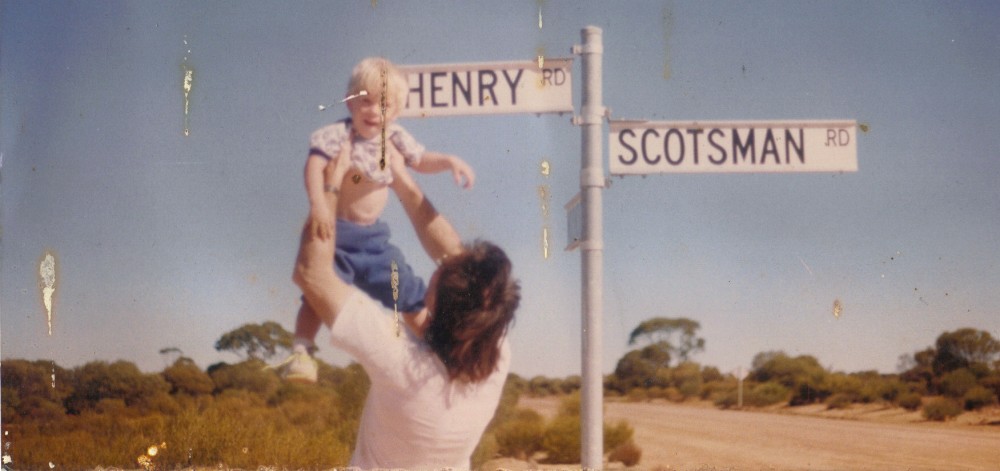What is it that bounds Alabama Shakes with the Grateful Dead? I’m not going to pretend I understand the distinction between Americana and alt country but it’s big right now. And it has been the ground for some great artists and songs.
There are some bands like The Knitters that I’m happy to be reminded of. And seeing them here is going to make me want to get at least a sample of Nitty Gritty Dirt Band
While the name suggests that it, by definition, represents gathered cultural facts and observations about life in America, there is its further description of incorporating a mix of roots styles, which can – and inevitably do – leave the shores of the continental United States.
With all this hoeing going down, I’m ready to write another rural piece. What’s another piece of my childhood I can coopt? Well, while it’s not the experience of every farm kid, we had a bren gun carrier we used to play on.
We converted it to a cubby; the coolest cubby yet
This isn’t a story or experience that I’ve wanted to put into song as it is awesome all within itself. In fact most of the memorable tales from living on the farm were meant to be in that form; a simple retelling.
If we’re going to focus less on significant occurences and more on impressions then we stray from Americana I’d venture.
Roots music, even a combination thereof, suggests – as with the previous genres we’ve canvassed – detailing a narrative, perhaps even one based on real events. I don’t think this narrative needs to be based on a ranch or in some forest for it to ring true as the music will convey the sense of the genre.
It’s debatable, in any case, if cubbies make the list of topics covered by Bruce Springsteen or Bruce Hornsby. Even if they once played in one.
I’m not familiar with Hornsby’s ouevre but the Boss is very strong on storytelling; that’s his base. He also ‘gives us permission’ to use urban themes.
The Band, too, write about their experiences on the road. At first I wondered about Beck’s inclusion then it made me realise his imagery may be colourful but its captured from life
II
It seems I’ve strayed from both current affairs and personal reflection in looking at what reasonably constitutes Americana. I don’t know if Dylan is Americana in some phases, folk in others and rock in still more. Certainly, pondering these distinctions for too long gets in the way of the writing.
Since I mentioned it last week, I’ll pitch Pitch
Pitch
Black marks across the page
Acute curls at some stage
Editing edicts becomes addictive
The selling point is this predictive
Players plural and all Plus One
Business baseness comes undone
Pour out upon the track
Looks like alack
Consumer condition connect
Prude pride protect
Tamp down stamp down in the clampdown
and tinny tunes in a tame town
Wretches reach for riches
But they're too big for their britches
Carried out in stretches
Leaving us in stitches
with their pitch
